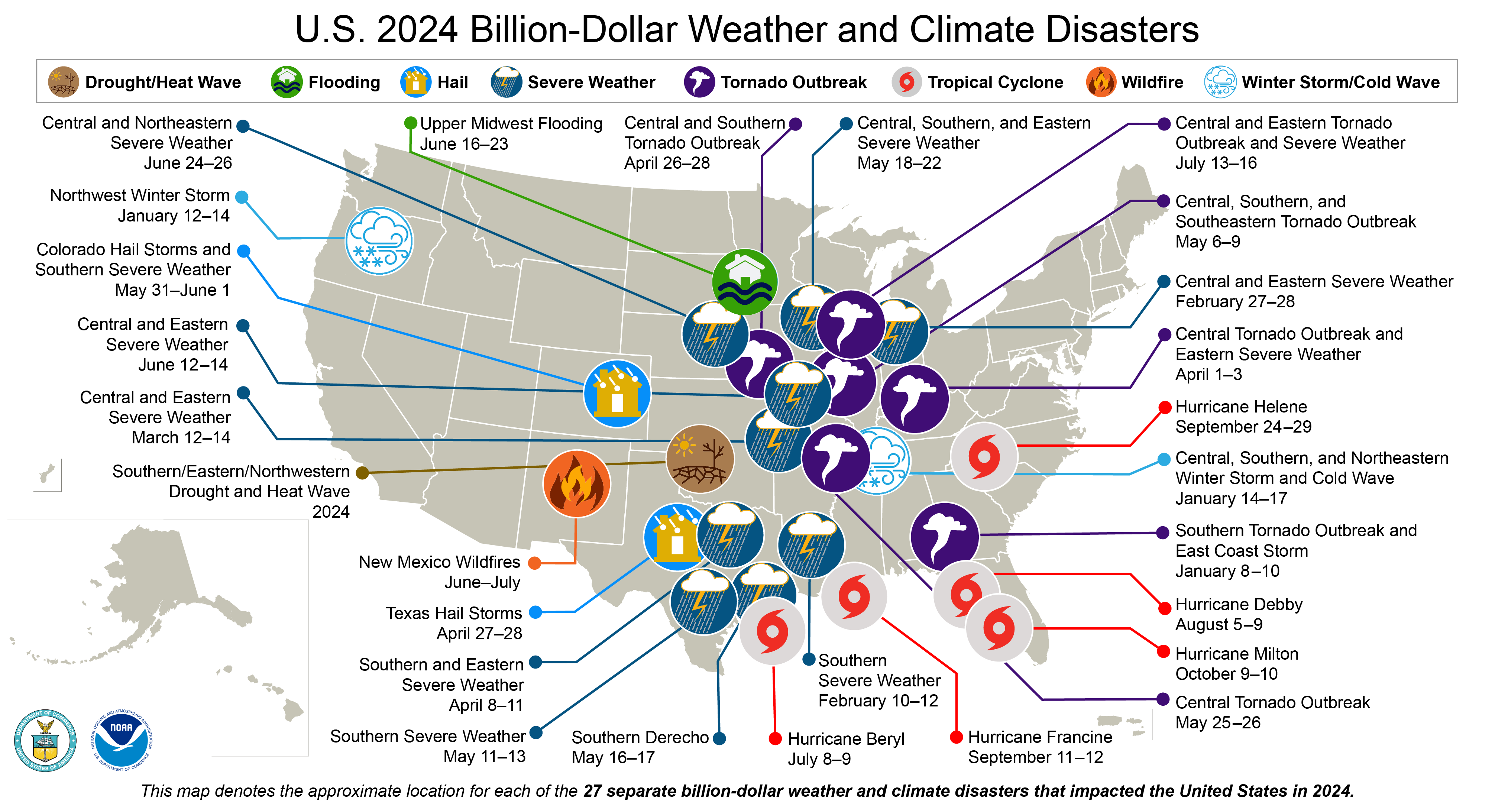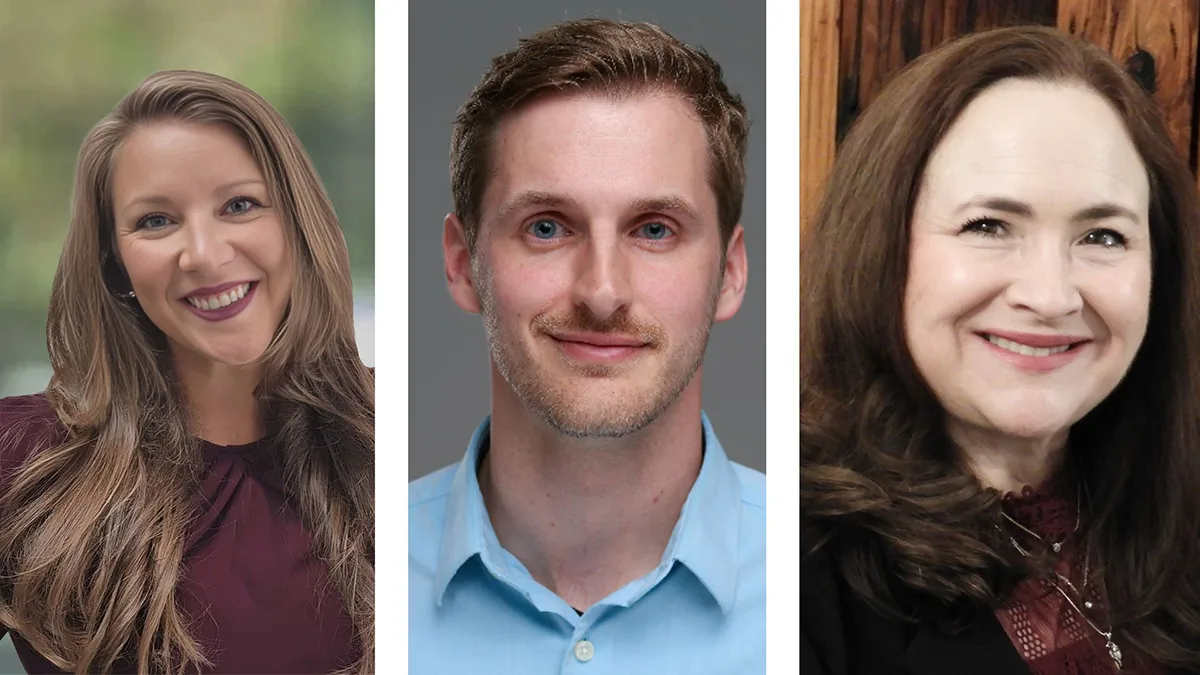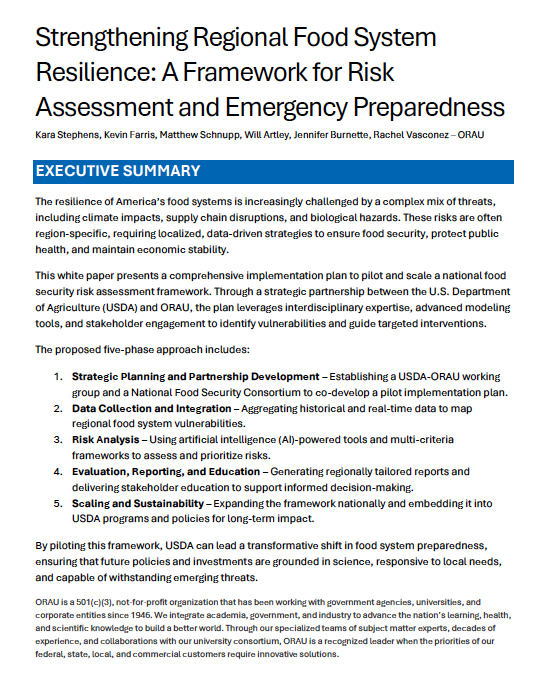Since its founding in 1946, ORAU has been a trusted partner in solving complex challenges that impact public health, scientific advancement and community resilience. With more than 75 years of experience, ORAU has consistently delivered interdisciplinary expertise, cutting-edge research, and collaborative solutions to address national priorities.
One of ORAU’s most notable contributions has been its ability to integrate academia, government and industry through its University Consortium, which includes more than 160 Ph.D.-granting institutions. This network has enabled ORAU to leverage specialized expertise across fields like public health preparedness, environmental science and epidemiology.
ORAU’s legacy includes projects like the Nationwide Beryllium Medical Surveillance Program and the National Supplemental Screening Program, which were scaled nationally to improve workplace safety standards and health policies. These initiatives exemplify ORAU’s ability to pilot innovative solutions and scale them for long-term impact.
Fast forward to today, ORAU is tackling one of the most pressing challenges of our time: food security. ORAU is seeking a partnership with the U.S. Department of Agriculture (USDA) to lead efforts to strengthen America’s food systems against emerging threats like supply chain disruptions and biological hazards.

Figure 1: According to the National Oceanic and Atmospheric Administration (NOAA) report, total losses to crops and rangeland from major 2024 weather and fire events alone exceeded $20.3 billion. Image Credit: NOAA
ORAU’s recently published white paper, Strengthening Regional Food System Resilience: A Framework for Risk Assessment and Emergency Preparedness (.PDF), outlines a transformative plan to address these challenges. This framework leverages ORAU’s interdisciplinary expertise, advanced modeling tools and stakeholder engagement to help USDA identify vulnerabilities and implement targeted interventions.
A five-phase framework for food security

ORAU’s Kara Stephens, Matthew Schnupp and Rachel Vasconez published a white paper about food system resilience.
The proposed framework is a systematic, evidence-based approach designed to enhance food system resilience across the country. Here’s how ORAU will make it happen:
- Strategic planning and partnership development
ORAU will collaborate with USDA to establish a National Food Security Consortium, bringing together experts from academia, government, and local communities to co-develop pilot implementation plans tailored to specific regions. - Data collection and integration
By aggregating historical and real-time data, the consortium will map vulnerabilities in regional food systems, such as climate-sensitive agricultural practices and single points of failure in supply chains. - Risk analysis
Using AI-powered tools and multi-criteria decision frameworks, the consortium will assess and prioritize risks based on probability, severity and societal impact. - Evaluation, reporting and education
Next, the consortium will generate regionally tailored reports that include risk overviews, mitigation strategies and implementation plans. Education efforts, such as workshops and online toolkits, will ensure stakeholders are equipped to act on evidence-based findings. - Scaling and sustainability
The framework is designed to expand nationally, embedding resilience strategies into USDA programs and policies for long-term impact.
Case studies: ORAU’s proven approach
ORAU’s expertise in piloting and scaling solutions is evident in its past projects. For example:
- Family farms and extreme weather: ORAU partnered with the University of Tennessee, Knoxville, to evaluate how family farms in Tennessee prepare for and respond to extreme weather events. The collaboration resulted in actionable guidance and a sustainable framework for long-term resilience.
- FEMA’s earthquake preparedness consortium: ORAU recruited experts to advance FEMA’s National Earthquake Hazards Reduction Program. By fostering collaboration and aligning activities with program goals, ORAU helped FEMA achieve key milestones in emergency preparedness education and training.
These case studies demonstrate ORAU’s ability to translate research into real-world impact—a skill that is now being applied to food system resilience.
Looking ahead: a resilient food future
ORAU’s partnership with USDA represents a pivotal opportunity in food security preparedness. By implementing this framework, USDA can ensure that its policies and investments are grounded in localized evidence, responsive to emerging threats and aligned with the needs of diverse communities.
The implications are profound:
- Enhanced emergency preparedness for local agencies.
- Increased resilience to withstand crises like extreme weather or supply chain disruptions.
- Reduced economic and social impacts during food system disruptions.
- Strengthened partnerships between universities, communities and policymakers.
ORAU’s ability to pilot innovative solutions, scale them nationally and embed them into existing programs positions it as a catalyst for transformative change.
ORAU’s commitment to building resilience
From its legacy of advancing public health and safety to its current efforts in food system resilience, ORAU continues to be a leader in addressing complex challenges through science, collaboration and innovation.
As America’s food systems face increasingly complex threats, ORAU’s partnership with USDA offers a clear path forward—one that safeguards communities, strengthens agricultural systems and secures the future.
Figure 2: ORAU’s University Consortium includes 110 top-tier universities with specialized programs in national food security fields.
